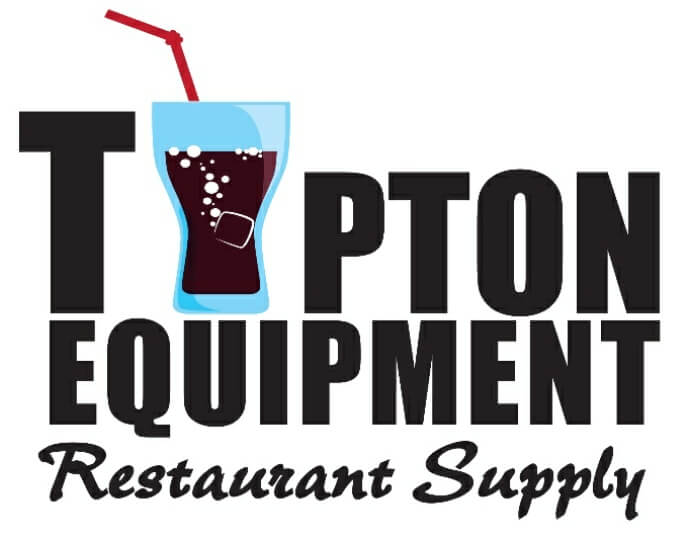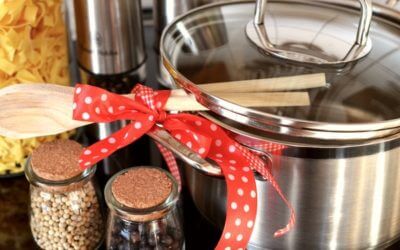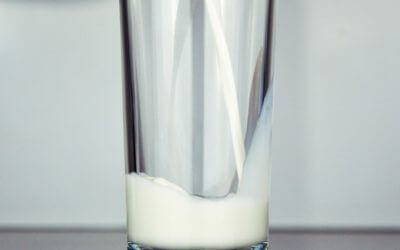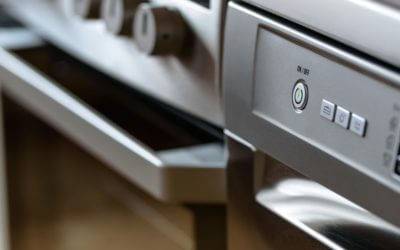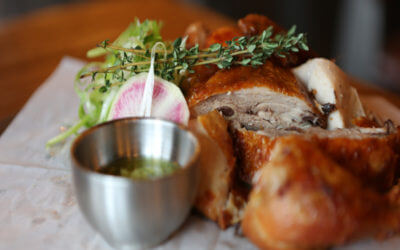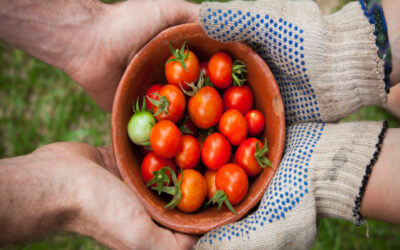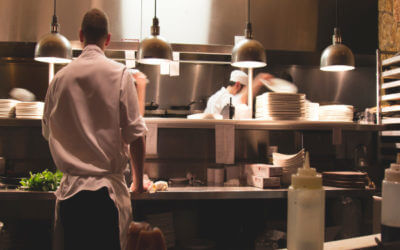The Top Chefs Use Cast Iron. Do You?
June 9, 2017From pots to pans, restaurant cookware has been made out of all kinds of materials.
What kind do you use? It’s time for you to use cast iron. Cast iron cookware has many benefits. Let’s take a look at why you need to be using cast iron in your professional kitchen.
Tastes Better With Time When You Use Cast Iron
Many things in life are better with time. Cast iron is one of those things. Your season builds up as you use oil (less oil than standard cookware), and with that build-up of seasoning you will gain more flavor. This is a major reason that some people choose to use cast iron over other types of restaurant cookware.
Use Cast Iron for a Long Lasting Equipment
Unlike other types of cookware, cast iron is very long lasting. As long as you maintain the proper seasoning when you use cast iron, you will be able to use it virtually forever. Many people use cast iron pieces that have been passed down through their family for generations. You will find that it is very hard to find a reason to replace your cast iron cookware.
Less Oil Needed When you Use Cast Iron
Cast iron cookware is seasoned regularly to help keep the flavor and preserve the surface. With this seasoning, you are creating a layer on top when you use cast iron. This means you don’t need as much oil to keep your food from sticking.
Heat Retention and Heat Sources
Everyone loves a pan that holds its heat and distributes it throughout the cookware. Iron is great because it holds heat for a long time.
Unlike some other types of restaurant cookware out there, use cast iron on any heat source. That includes convection, open flame, gas, electric, induction, and anything else that you can think of. When exposed to an open flame, cast iron does not warp or otherwise get misshapen. The only thing that you need to keep in mind is to not drag the cast iron across any delicate surfaces such as glass, as it will damage the surface.
Stove Safe, Oven Safe
Another great benefit when you use cast iron cookware is that it is both stove safe and oven safe. That means that you can plop it on the stove to start and then throw it in the oven to keep it warm or to finish it off. Keeping the dish warm while preparing dishes for other customers at the table is a key bonus to this benefit.
Durability is a Bonus
Non-stick kitchenware has become ever more popular recently due to the ability to quickly slide food off the restaurant cookware and to clean it easily. However, most non-stick cookware is fragile and can be damaged by metal utensils. Some even leach chemicals into the food when scratched.
As long as you properly season and maintain it, you will still have a great non-stick surface when you use cast iron. Not only is it non-stick, it is also metal utensil safe. This is crucial in a busy commercial kitchen where it is very easy to scratch up cookware.
Indestructible, great tasting, versatile, and many other labels can be described when you use cast iron cookware. With labels like these, why wouldn’t you use cast iron for your restaurant cookware? If you are really trying to craft food your customers will love, then use cast iron. Good luck with your restaurant and keep cooking!
What’s in a Cooking Pot, How to Choose the Right One?
As a restaurant owner, your cooking needs might vary. Did you know that a good quality pot can greatly improve your cooking experience, while also improving the quality of your cooking? This cooking equipment is a very important one that cannot be done away with...
5 Things Every Restaurant Owner Should Do Before Buying Used Kitchen Equipment
Equipping your restaurant properly can cost a lot of money, so buying used kitchen equipment is the go-to choice for many restaurateurs. Buying used kitchen equipment for a restaurant is a bit different than buying used equipment for your home, however. You will...
Top Restaurant Technology Trends in 2018
When looking to buy restaurant supplies, you want to be on the leading edge of technology trends. This will keep your kitchen running smoothly. Let’s take a look at some of the most recent trends in restaurant supplies technology. 1. New Payment Options Who would...
5 Different Ice Shapes and Why You Should Care About Them
Ice makers are very popular in the restaurant and foodservice community because they eliminate the need to buy ice every day. And of course, adding an ice maker to your collection of foodservice equipment means you will always have ice on hand when you need it. An...
Pulping and Grinding: A Starter’s Guide to Reducing Commercial Food Waste Costs
For most restaurant owners and managers, the expenses involved in making meals are always under careful consideration. Water is needed to prepare, cook and wash food; power is necessary for food prep, cooking and cooling, and so on. However, how many of us consider...
Choosing the Right Milk Cooler: Cold Wall or Forced Air?
In a restaurant, milk is an essential to have on hand for coffee and other café-style beverages, for serving with kids’ meals, and as a key ingredient in many recipes. Keeping your milk properly chilled can be difficult without the proper restaurant equipment....
How to Choose Your Next Commercial Meat Smoker
The movies that connect with us on a personal level are the ones that linger in our memories forever. Anyone who has used a commercial meat smoker knows that they have a huge influence on the taste of a meal. You need to have just the right kitchen equipment to get a...
Are High Speed Ovens Too Good to be True?
You might have heard a few of the bold claims that foodservice equipment manufacturers have been making about high speed ovens, but they can’t be possible, right? Cooking three times as faster as regular ovens? Five times as fast? Fifteen times as fast? It may seem...
Choosing the Right Food Storage Containers for Your Restaurant
Choosing the right kitchen supplies will make a difference in your restaurant. Whether it is heavy duty kitchen equipment or food storage containers, each piece of equipment plays its own important role. Today, we are going to talk about how to choose the right food...
Tipton’s Guide to Perfect Poultry Trussing
Do you ever truss birds in your commercial kitchen? Trussing is a fantastic cooking technique because it makes poultry cook faster, look more attractive and taste better. If your commercial kitchen prepares poultry, you don’t want to miss these trussing tips. Trussing...
How to Eliminate Excess Condensation in Your Kitchen
Is your commercial kitchen getting steamy? If so, you could have more than just an uncomfortable working environment on your hands. Excess moisture in your commercial kitchen can result in the corrosion of equipment, the development of mold, and even damage to your...
The DIY Guide to Your Restaurant’s Own Garden
Stocking your restaurant supply with your own home-grown herbs and produce can truly bring your dishes to life. When it comes to food, everyone knows there’s nothing like homemade and home-grown. Having your own culinary garden, however large or small, can help you...
5 Reasons a Meat Grinder Will Set Your Burgers Apart
The more you do to prepare your foods in-house with the right kitchen equipment, the fresher and more flavorful your dishes become. There are all sorts of restaurants offering fast-food style burgers, but some diners are looking for the real deal. A fresh, juicy...
Pest Preventions to Implement in Your Commercial Kitchen
Restaurant pests: it’s something that few people want to think about. Like it or not, pest management is an essential consideration for every commercial kitchen. Offering food, shelter and water, the unprepared commercial kitchen naturally provides everything pests...
Choosing the Right Material for Your Cooking Equipment
Kitchens are very unique to their chef. Just like a car mechanic has a toolbox unique to them, so is the cooking equipment in a kitchen. And over time, the same cooking equipment become a natural extension of the chef. What tools are you using in your kitchen? It...
